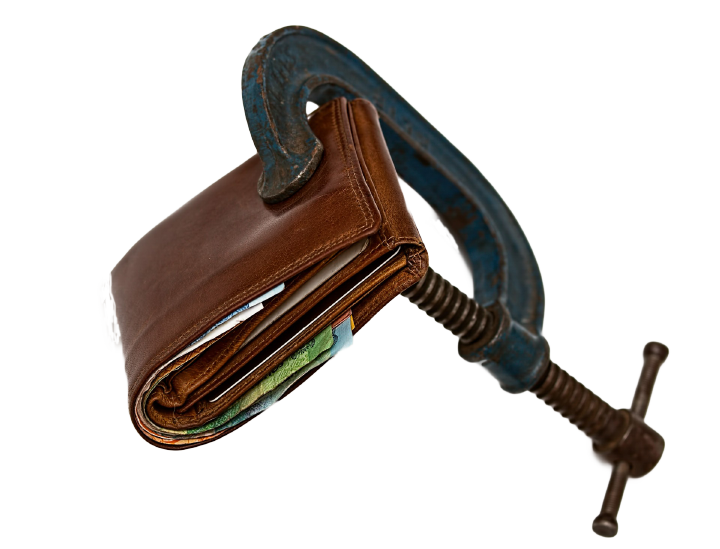What is Chapter 7 exactly and how is it different from Chapter 13?
Chapter 13 is reorganization of debt; Chapter 7 is the liquidation of debt. Chapter 13 is for people who are earning money, but are having problems paying bills. Chapter 7 is for people who are not earning money and need a complete financial do-over — a fresh start.
Chapter 13 slows debt payment until it is manageable. Chapter 7 makes the debt go away.

How does Chapter 7 make debt go away?
Bankruptcy court has the power, upon reviewing your filing, to discharge or wipe away all of your unsecured debt.
What is unsecured debt?
In Chapter 7, you make an inventory of all your assets and debts. You are allowed to keep almost all your assets, and in return your unsecured or uncollateralized debts are discharged by order of the court.
Uncollateralized or dischargeable debts include credit card debt, medical bills, utility bills — any debt for which you did not have to post collateral.
Is there any debt that is not secured, that I will still have to pay?
Car and mortgage loans are usually secured by the car or home. They are still susceptible to repossession or foreclosure. Chapter 7 can provide short-term relief from repossession and foreclosure. Income tax may be discharged. Alimony and child support must continue to be paid. Most student loans, by act of Congress, cannot be discharged in Chapter 7.
There are numerous exceptions to these general rules, which we can discuss with you .
Am I eligible to file for Chapter 7?
You are eligible if you live in, do business in or have property in the United States. You may not be eligible to file if you have been involved in another bankruptcy case in the past 180 days.
Also, do not file for Chapter 7 unless you meet the income requirements. If you are able to repay certain debts, and attempt to have them discharged instead, your case will likely be dismissed as abusive
How much does Chapter 7 cost to file?
The filing fee is $331. If you are unable to pay the filing fee all at once, it may be paid in installments within 120 days.
How long does a bankruptcy stay on my credit report?
A Chapter 7 bankruptcy will stay on your credit report for 10 years. A Chapter 13 bankruptcy will stay on your credit report for 7 years. However, you can start to rebuild your credit immediately after receiving your discharge paperwork in a Chapter 7 bankruptcy. If you file a Chapter 13 bankruptcy, you will see your credit score start to improve approximately one year after filing should you make your monthly payments to the court on time.
How long does a bankruptcy stay on my credit report?
You may qualify for a Federal Housing Administration (FHA) loan approximately three years after filing for bankruptcy. If you want to purchase using a conventional loan, you must wait at least four years after filing for bankruptcy.
Can I transfer property to a family member or friend to avoid the court taking my property?
Transferring property without receiving compensation (fair market value) for the item is considered a fraudulent transfer. Doing so allows the trustee to seize and sell that property and give the proceeds to the debtor's creditor.
Prior to transferring any property, you should consult with a qualified bankruptcy attorney.